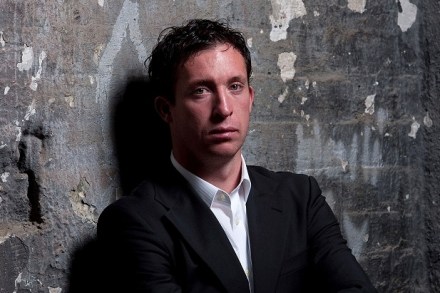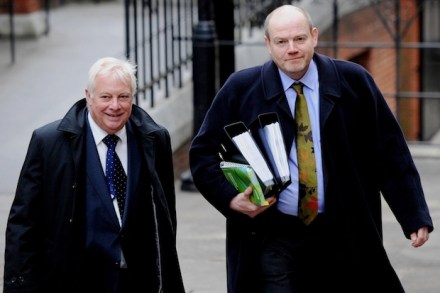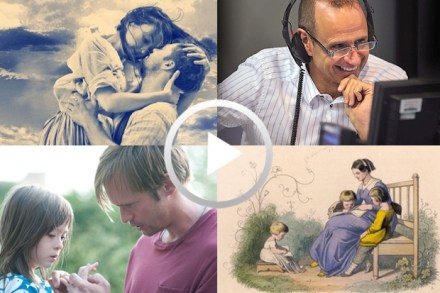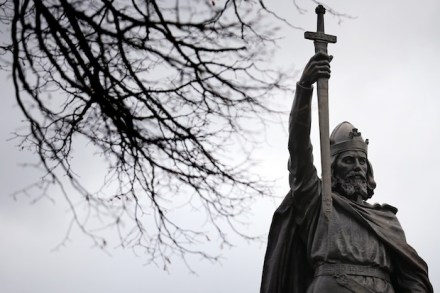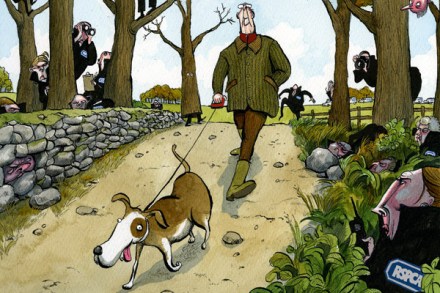Autumn shake-up in Radios 2 and 3 scheduling
This time round in the autumn shake-up of the schedules it’s Radios 2 and 3 who are on the frontline of change. They have had to face ‘tough decisions’ and to address ‘the financial challenges due to the licence-fee freeze’. Radio 3 has lost most of its ‘live’ Saturday-night transmissions from the Metropolitan Opera in New York, on the grounds that they cost too much to set up. It’s also given the chop to one of my favourite weekend programmes, World Routes, because of the ‘high costs’ of sending its presenter Dr Lucy Duran to far-flung places round the globe in search of unusual music. But this was never travel





